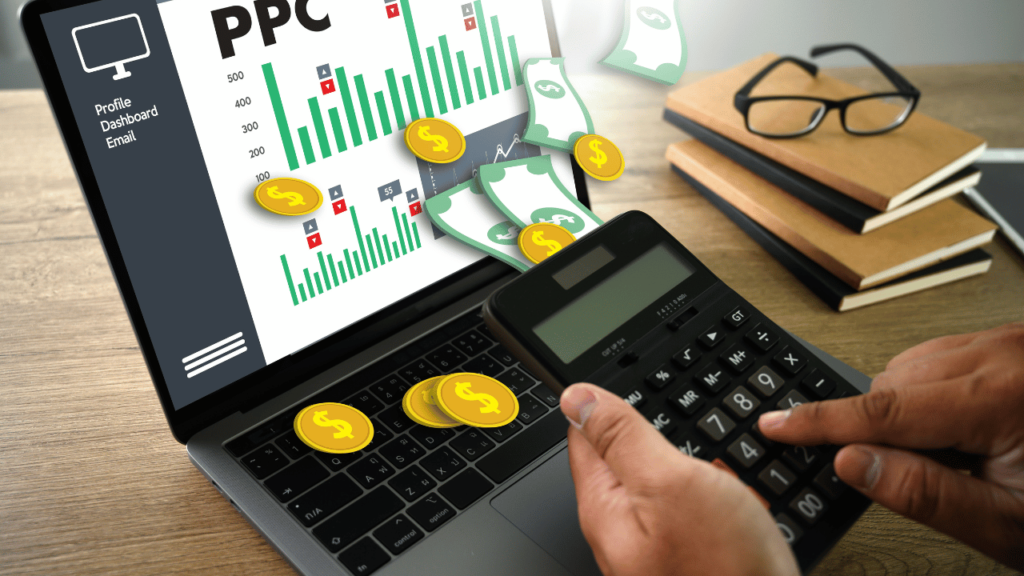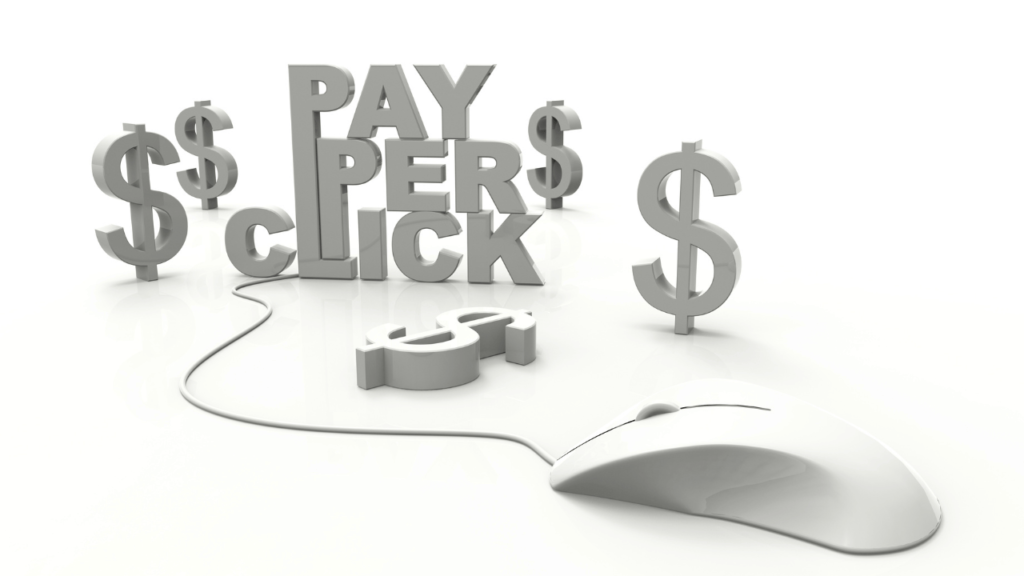Introduction:
In the always-developing scene of advanced showcasing, organizations are continually looking for powerful methodologies to support their web-based presence and drive designated traffic to their sites. One such useful asset in the advertiser’s stockpile is Pay-Per-Snap (PPC) promoting. This strategy, frequently alluded to as paid search promoting, offers a designated and quantifiable way to deal with arriving at possible clients. We should dig into the universe of PPC and investigate how it tends to be a distinct advantage for organizations.

Grasping Compensation Per-Snap:
At its center, PPC is an internet publicizing model where promoters pay an expense each time their advertisement is clicked. Not at all like conventional promoting strategies where you pay a proper sum paying little heed to execution, PPC guarantees that you possibly pay when somebody effectively draws in with your promotion by tapping on it. This model takes into consideration a more savvy and effective utilization of publicizing financial plans.
Key Components of PPC:
Keywords:
Central to any successful PPC campaign is the selection of relevant keywords. Advertisers bid on keywords that are associated with their products or services. When a user enters a search query containing those keywords, the advertiser’s ad may appear.
Ad Copy:
Compelling ad copy is crucial to capturing the attention of potential customers. It should be concise, persuasive, and directly related to the user’s search intent. A well-crafted ad copy can significantly impact click-through rates.
Landing Pages:
The destination where users land after clicking on an ad plays a pivotal role in converting clicks into actual leads or sales. Optimized landing pages that align with the ad’s messaging can enhance the overall effectiveness of a PPC campaign.
Benefits of PPC Advertising:
Immediate Results:
Unlike organic methods like search engine optimization (SEO), which take time to show results, PPC provides instant visibility. Once a campaign is set up, ads can appear at the top of search engine results pages, driving immediate traffic to your website.
Targeted Advertising:
PPC allows for precise targeting based on factors such as keywords, location, device, and even the time of day. This level of granularity ensures that your ads reach the right audience, increasing the likelihood of conversion.
Measurable ROI:
One of the critical benefits of PPC is its quantifiability. Through examination and following apparatuses, sponsors can screen the exhibition of their missions progressively. This data allows for continuous optimization, ensuring that your budget is spent efficiently.
Budget Control:
With PPC, advertisers have complete control over their budgets. Whether you’re a small business with a limited budget or a large enterprise looking to scale, PPC accommodates various financial constraints.
Challenges and Considerations:
While PPC offers numerous benefits, it’s essential to be aware of potential challenges. Competition for popular keywords can be fierce, leading to higher bidding costs. Moreover, maintaining a well-optimized campaign requires ongoing attention and adjustments.

Conclusion:
In the digital age, where the online marketplace is vast and competitive, Pay-Per-Click advertising stands out as a dynamic and results-driven strategy. By harnessing the power of targeted ads, relevant keywords, and strategic bidding, businesses can propel themselves to the forefront of their industry. As part of a comprehensive digital marketing strategy, PPC can be a catalyst for growth, driving traffic, leads, and ultimately, conversions. Embrace the world of PPC and unlock its potential to elevate your brand in the digital realm.


